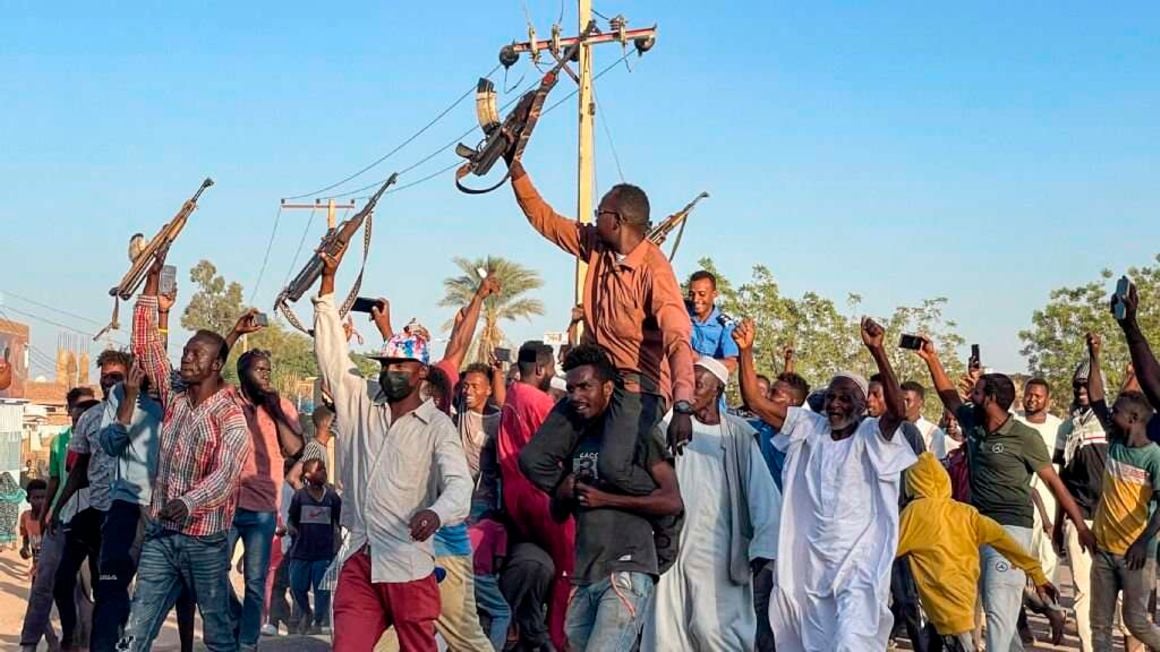 2024 year is fraught with dangers but also opportunities in the Greater East African region. The region has been dealing with protracted crises, terrorism, difficult transitions and elections, but also a cocktail of interconnected hot button issues: High cost of living, a financing crisis, a growth crisis and a climate crisis.
2024 year is fraught with dangers but also opportunities in the Greater East African region. The region has been dealing with protracted crises, terrorism, difficult transitions and elections, but also a cocktail of interconnected hot button issues: High cost of living, a financing crisis, a growth crisis and a climate crisis.
More recently, global competition has crept up on the region via middle powers, in particular Saudi Arabia, the United Arab Emirates (UAE), Turkey, and Qatar, eager to secure ports, food, security, energy and minerals at any cost.
In a world where international law means nothing, the powerup’s push to impose their realities could even redesign our borders and plunge the continent into a major upheaval. All these crises, however, also present an opportunity to find pragmatic ways forward and to continue to push for the African agenda of peace and security, governance, regional integration, voice and effective representation. So, what does 2024 have in store for us?
Elections
Rwanda and South Sudan are expected to go to the polls in July and December respectively. Although the elections in Rwanda are expected to run smoothly, the consensus among analysts is that it would be a miracle if South Sudan is able to hold elections in December. The country has yet to decide on the type and format of elections, how many elections will be held, voter registration, on the inclusion of internally displaced persons (IDPs) and the establishment of bodies that would address elections related dispute
In the Democratic Republic of Congo (DRC), President Felix Tshisekedi’s recent election victory has led to disputes with the opposition. This situation is expected to dominate the political landscape in the early months of 2024 as the opposition pushes for new polls
Terrorism Threats
The threat of terrorism remains a critical issue across the region. In the DRC, the Allied Democratic Forces and numerous other armed groups continue to destabilize the eastern provinces. Similarly, in Somalia, concerns are rising about the potential fallout from the withdrawal of the African Union Transition Mission in December 2024. Al-Shabaab remains a significant threat, with ambitions to expand into Ethiopia and Kenya while the Somali National Army struggles to maintain control comes with dangers, opportunities in Greater East Africa
Protracted Crises
Ethiopia continues to grapple with multiple internal conflicts in regions like Tigray, Amhara, Oromia, and the Somali region. Tensions with Eritrea are also high, with fears of an impending conflict over access to the sea. The economic crisis and religious tensions add to Ethiopia’s challenges and comes with dangers, opportunities in Greater East Africa.
Sudan is likely to experience a tenuous ceasefire and political transition. However, the humanitarian crisis, particularly in Darfur, remains severe. Additionally, there are reports of rebel groups establishing training camps in Eritrea, indicating a regionalization of the conflict
Regional Tensions and Cooperation
Regional tensions, particularly between Ethiopia and Eritrea, are expected to persist. Ethiopia’s claims over access to the sea and Eritrea’s alleged support for Amhara militias are points of contention.
The relationship between DRC and Rwanda might see some improvement, while Burundi and Rwanda are working towards resolving issues related to the 2015 coup plotters sheltered in Rwanda.
Influence of Gulf States
Gulf States like Saudi Arabia and the UAE are playing an increasingly influential role in the Horn of Africa. Their competition for control over the Red Sea has significant implications for regional stability and peace processes. Their involvement extends beyond the Horn, influencing economic and security dynamics in the Great Lakes region as well.
The political landscape in East Africa is marked by significant electoral events, ongoing terrorism threats, protracted internal conflicts, and complex regional dynamics. The involvement of external actors like the Gulf States adds another layer of complexity to the region’s political challenges.

